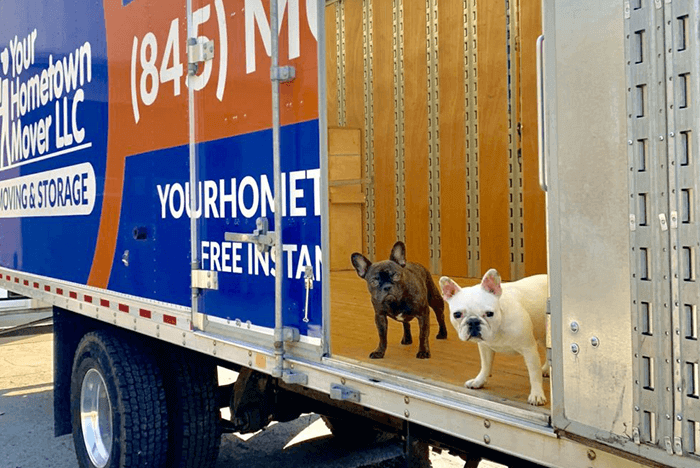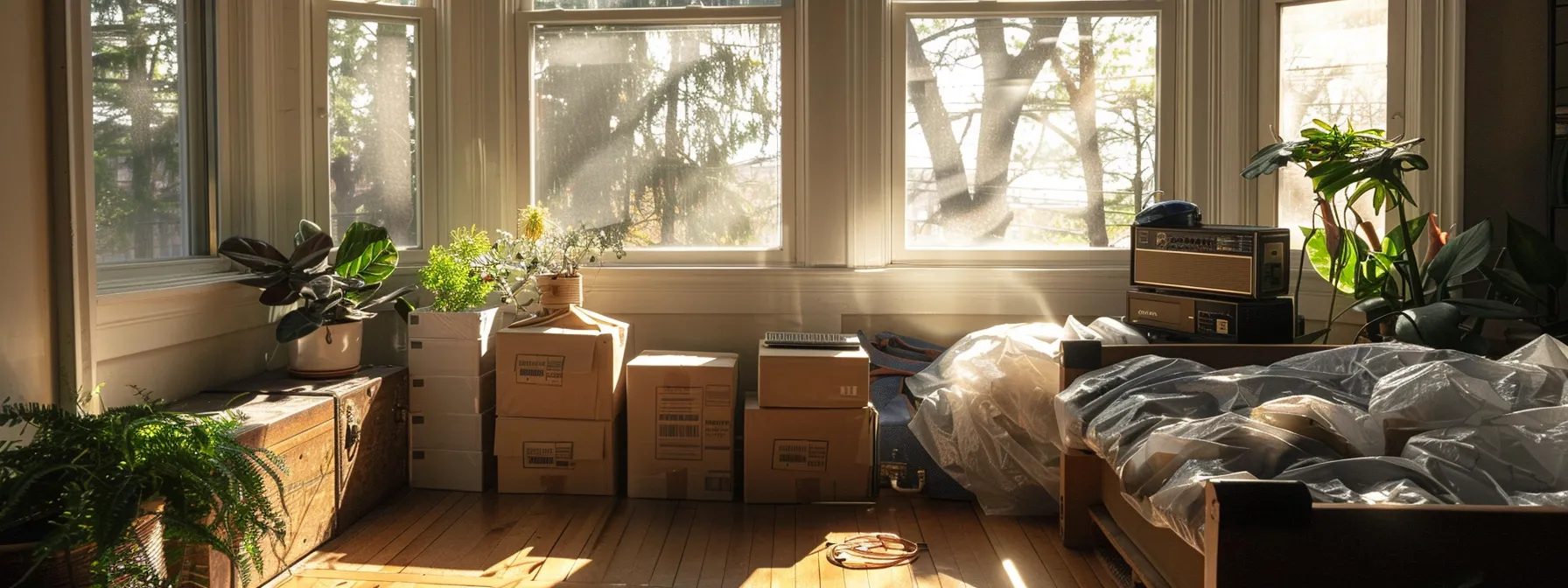Planning for Those Items that Residential Moving Companies Won’t Move
When it comes to long distance moving, there are a few items that residential moving companies won’t move due to safety, liability, or legal reasons. It’s important to be aware of these items and plan accordingly so that you can ensure a smooth and stress-free move.
What Items Won’t Residential Moving Companies Move?
There are several categories of items that residential moving companies won’t move, including hazardous materials, perishable items, and personal items with sentimental value.
Hazardous Materials: Moving companies are not equipped to handle hazardous materials, such as explosives, flammable liquids, corrosives, or poison. These items pose a risk to the safety of the movers and the general public, and are therefore not allowed to be transported by moving companies. If you have any hazardous materials in your home, it’s important to dispose of them properly before the move. This may include contacting your local hazardous waste disposal center or following specific guidelines for disposal.
Perishable Items: Moving companies also won’t transport perishable items, such as food, plants, and live animals. These items are prone to spoilage or damage during the moving process, and could potentially cause health issues if not handled properly. If you have any perishable items that you need to move, it’s important to either dispose of them before the move or arrange for them to be transported separately.
Personal Items with Sentimental Value: While moving companies are generally willing to move your personal belongings, they may not be able to transport items with sentimental value, such as family heirlooms or items with significant monetary value. These items may be more prone to damage or loss during the moving process, and moving companies often do not have the necessary insurance coverage to compensate for their loss. If you have any items with sentimental value that you need to move, it’s important to either transport them yourself or consider purchasing additional insurance coverage.
How to Plan for Items that Residential Moving Companies Won’t Move
If you have items that residential moving companies won’t move, it’s important to plan ahead and make arrangements for their transport. Here are a few steps to consider when planning for these items:
- Identify the items that need to be moved: Make a list of all the items that you need to move, including those that may not be allowed by moving companies. This will help you determine which items need to be transported separately and will also help you budget for any additional costs associated with their transport.
- Dispose of hazardous materials: If you have any hazardous materials in your home, it’s important to dispose of them properly before the move. This may include contacting your local hazardous waste disposal center or following specific guidelines for disposal.
- Arrange for the transport of perishable items: If you have any perishable items that you need to move, it’s important to either dispose of them before the move or arrange for them to be transported separately. This may include hiring a separate company to transport them or finding a friend or family member who can transport them for you.
- Transport personal items with sentimental value: If you have any personal items with sentimental value that you need to move, it’s important to either transport them yourself or consider purchasing additional insurance coverage. This may include hiring a separate company to transport them or finding a friend or family member who can transport them for you. You may also want to consider storing these items in a self-storage facility until you are able to transport them to your new home.
Tips for Moving Items that Residential Moving Companies Won’t Move
Here are a few tips for moving items that residential moving companies won’t move:
- Make a plan: It’s important to have a plan in place for how you will transport these items. This may include hiring a separate company, finding a friend or family member to help, or storing the items in a self-storage facility until you are able to transport them yourself.
- Pack carefully: If you are transporting items with sentimental value yourself, it’s important to pack them carefully to ensure they are not damaged during the move. Use sturdy boxes, bubble wrap, and other packing materials to protect these items.
- Purchase additional insurance coverage: If you have any items with significant monetary value, it may be worth purchasing additional insurance coverage to protect them during the move. This can give you peace of mind and ensure that you are compensated if any of these items are lost or damaged during the move.
- Consider storage options: If you are unable to transport certain items yourself or find a company to transport them, you may want to consider storing them in a self-storage facility until you are able to transport them to your new home. This can give you the time you need to find a suitable transport option without having to rush or worry about the safety of these items.
- Communicate with your moving company: It’s important to communicate with your moving company about any items that you need to transport separately. This will help them understand your needs and ensure that the move goes smoothly.
In conclusion, it’s important to be aware of the items that residential moving companies won’t move and plan accordingly. By following these tips, you can ensure a smooth and stress-free move and protect any items with sentimental or monetary value.




